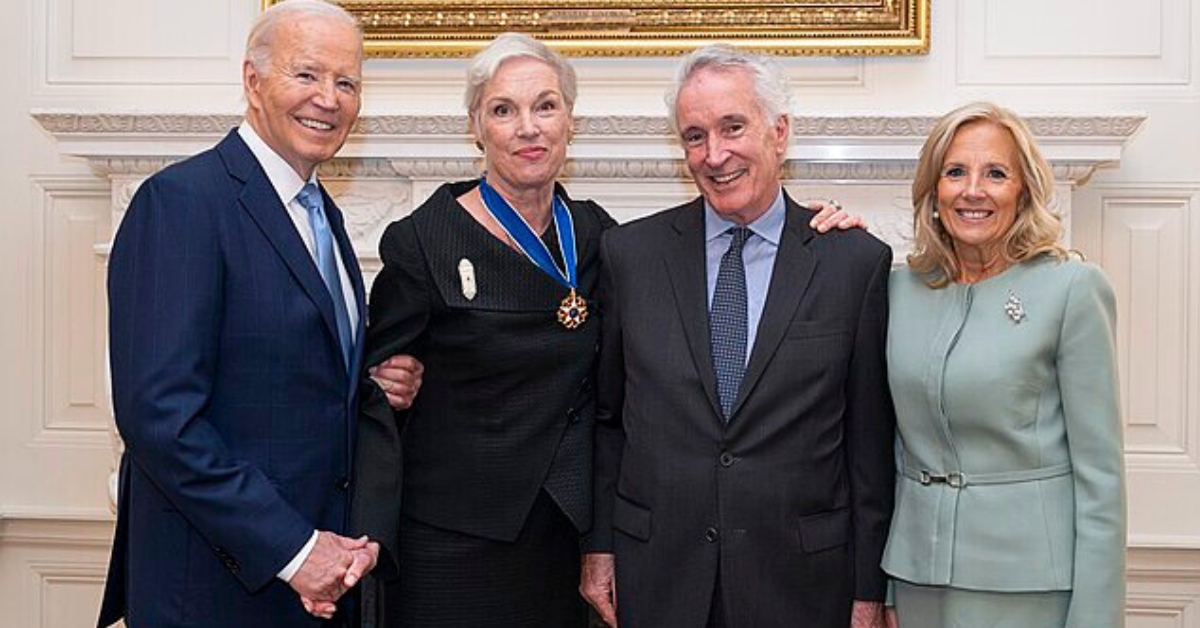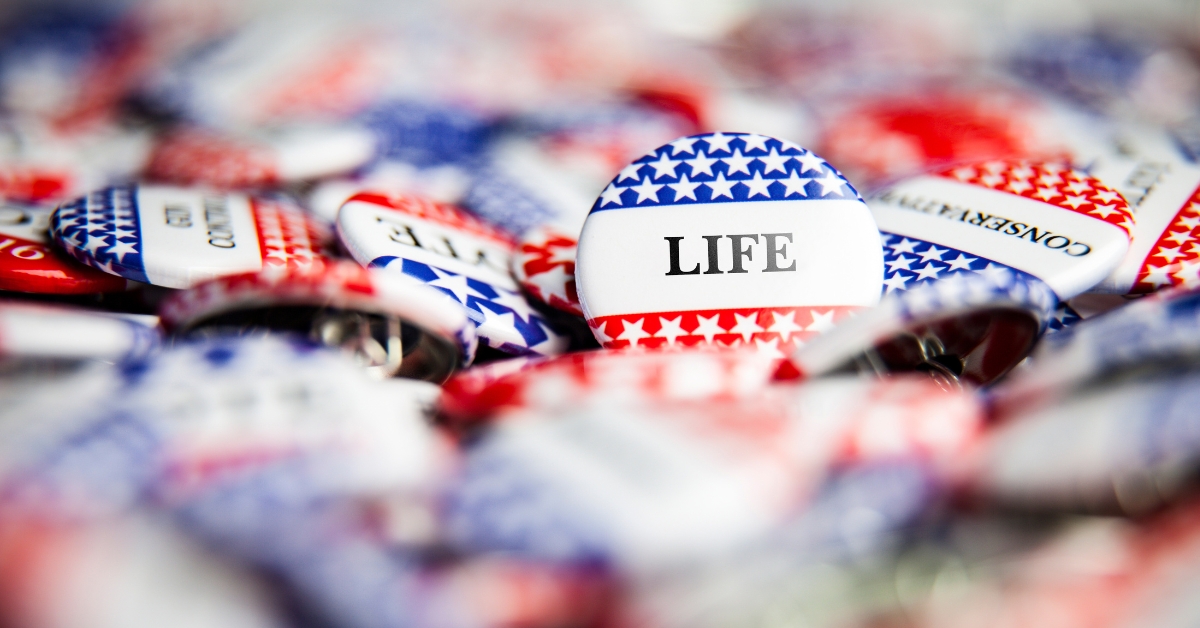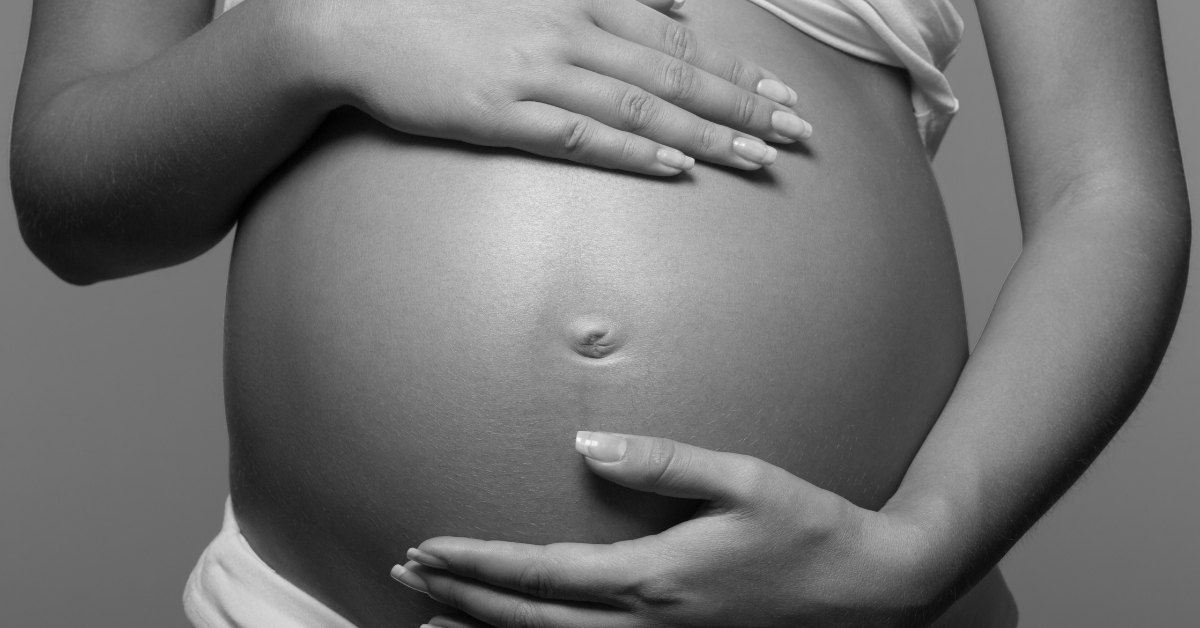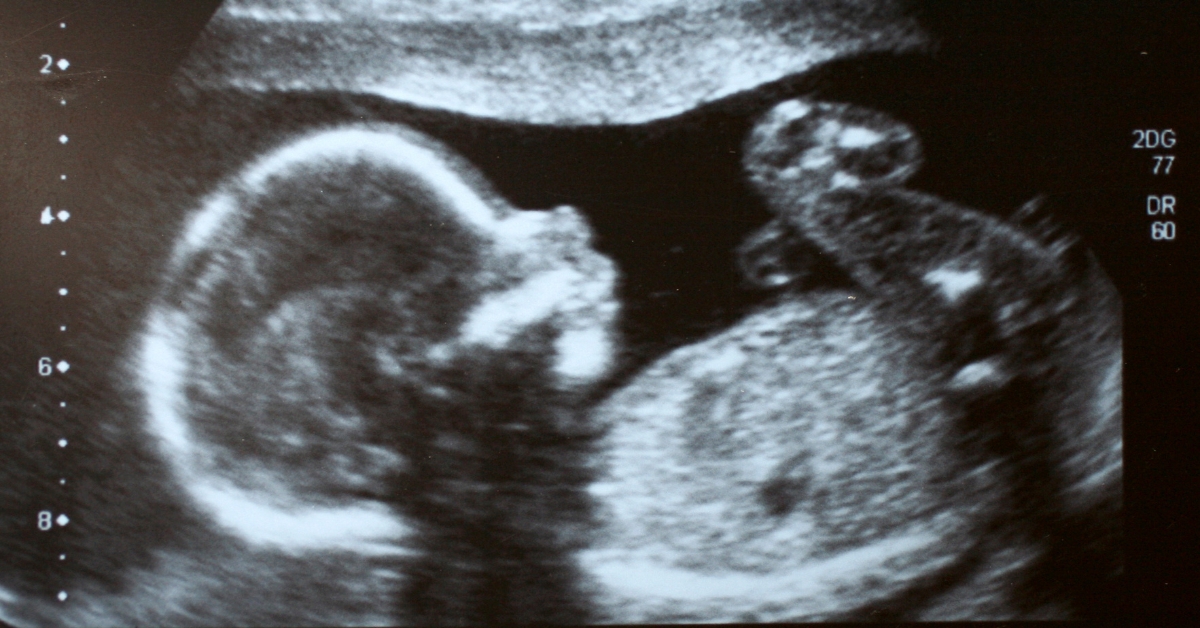
Louisiana Sees 39% Decrease in Abortions Following 2022 Ban
In 2022, the state of Louisiana experienced a significant drop in the number of reported abortions, marking a promising change for the pro-life movement and advocates of the sanctity of life. This remarkable decline in abortions was made possible due to legislative changes that sought to protect the unborn and a shift in the state’s approach to this contentious issue.
The Louisiana Department of Health released its 2022 abortion report in June 2023, revealing that the number of reported abortions had decreased by a staggering 39% compared to the previous year. This reduction is nothing short of remarkable and demonstrates the positive impact of legislation aimed at protecting the lives of the unborn.
A closer look at the data indicates that the majority of women seeking abortions in Louisiana were in their twenties, with 30% aged 20 to 24 and 27% aged 25 to 29. Additionally, the report highlights that 64% of the abortions were performed on black women, 20% on white women, and 16% on women of other races, with 90% of the abortions being sought by unmarried women. These statistics reflect the urgent need for pro-life efforts to reach and support women facing unplanned pregnancies, especially those from marginalized communities.
Suction curettage was the most common method of abortion, accounting for 56% of the total, while “other procedures” made up 40%. Notably, there was a decrease in the number of abortions performed at eight weeks of gestation or earlier, down from 52% in 2021.
Louisiana’s legislative changes, including HB 357, have played a significant role in reducing the number of abortions in the state. This law, which went into effect after the historic overturning of Roe v. Wade in June 2022, restricts abortion in most cases, allowing it only when the mother’s life is in danger or the unborn child has a “lethal fetal anomaly.” The result of this change in legislation was evident when all three abortion clinics in Louisiana decided to close down and potentially move to other states. This decision was a clear response to the state’s commitment to protecting life.
In addition to the life at conception law, the governor signed two essential pieces of legislation to strengthen protections against chemical abortions. SB 342 prevents out-of-state companies from mailing abortion pills to Louisiana residents, while SB 388 prohibits the distribution of chemical abortions by mail or telehealth means. These legislative measures aim to ensure that women undergoing chemical abortions receive the necessary in-person care, further safeguarding their health and well-being.
While Louisiana has made significant progress in reducing abortion rates and protecting the unborn, there is still room for improvement. The state could enhance its reporting by including chemical abortion in its abortion reporting form. Additionally, Louisiana could consider requiring abortion providers to submit a written explanation of why an emergency abortion was necessary. Such transparency measures are crucial to ensuring the integrity of the state’s pro-life laws.
In conclusion, the significant decrease in abortion rates in Louisiana is an encouraging development for pro-life advocates and a testament to the impact of legislation that prioritizes the protection of unborn life. While there is still work to be done, the state of Louisiana has made much progress in the fight to protect the sanctity of life.














